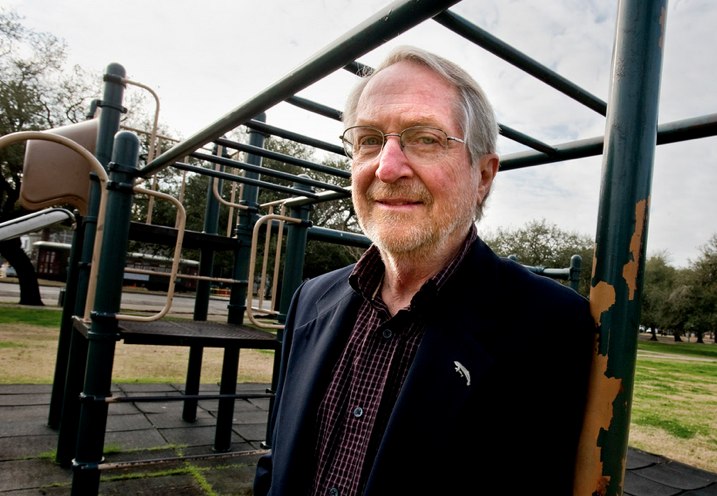News / Education
Close-Up Talk Radio spotlights Dr. Howard Mielke

New Orleans, LA – In a stunning reversal of its long-held position, the Center for Disease Control announced in May that there is no acceptable level of exposure to lead. Researchers have proven exposure to lead even at low levels can impair a child’s learning capabilities and behavior, and even contribute to high blood pressure and heart disease.
Dr. Howard Mielke of the Tulane University School of Medicine is an internationally recognized research scientist and expert in the health dangers posed to children from exposure to lead. Among the first researchers to identify lead as a public health threat, Mielke’s work on accumulated environmental sources of lead and its association with childhood lead poisoning in inner city environments is considered pioneering research.
“The work I’ve done is to identify the percentage of population exposed to lead and where they live,” says Dr. Mielke. “We’ve found it’s an excessively large number of children. Lead poisoning in childhood wreaks the most havoc on the individual, affecting their learning and behavior. As a result of our work, we’ve moved from research to developing strategies for remediation.”
Dr. Mielke was among those at the forefront of the successful effort to remove lead from gasoline. Today, Dr. Mielke’s main work has been overseeing efforts to decontaminate play areas and childcare centers throughout the city of New Orleans. Inspired by this work, the Norwegian government has since set precedents for clean soil programs.
“We have air pollution laws and water pollution laws but we don’t have any soil pollution laws,” says Dr. Mielke. “The Norwegian government looked at all childcare centers, elementary school sites and public parks and they’ve since reduced their soil’s lead content by 40 percent. All the information they used came from our studies in New Orleans.”
Dr. Mielke’s research has revealed New Orleans’ lead level correlates geographically with the city’s violent crime rate while parks and playgrounds throughout the city have lead levels far above what would be considered safe for children. According to Dr. Mielke, serious intervention is a matter of public interest.
“We have to invest wisely in our future,” says Dr. Mielke. “This is a societal imperative because of the expense of education, healthcare and criminal behavior. The solution is not that expensive compared with the potential cost of doing nothing.”
Close-Up Talk Radio will feature Dr. Howard Mielke in a two-part interview with Doug Llewelyn on November 20th and November 27th at 3pm EST.
Listen to the show www.blogtalkradio.com/closeuptalkradio. If you have a question for our guest, call (347) 996-3389.
For more information on Dr. Howard Mielke, visit http://tulane.edu/som/departments/pharmacology/mielke.cfm
